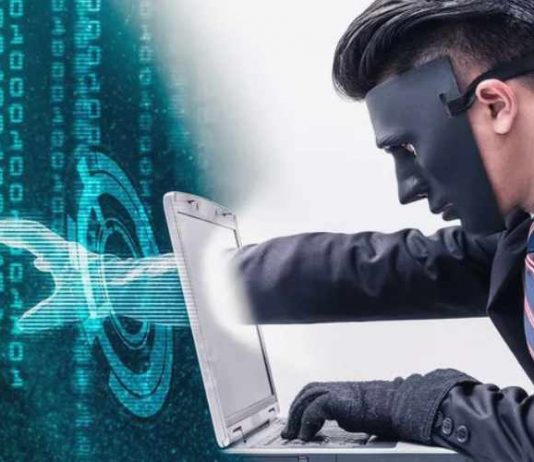Although people are getting better at knowing potential identity fraud and minimizing the damage, it is better if you’re able to prevent it from occurring from the start. By protecting your computer data at home, on the internet, and when you are on trips, you can get rid of many possibilities for identity fraud to occur.
Contents
1. Use Strong Security Pins and Passwords
Your PINs and Passwords should not be something anyone could easily guess, even if they had the means to access some of your private information. Steer clear of names, birth dates, and addresses if you are using numbers or words which are familiar to you, conceal them with hard-to-guess digits or numbers, such as the Vigènere Cipher.
Additionally, you might try online free tools that give virtually strong randomly generated security passwords. Make sure that all security passwords you use include both capital letters and lower-case, digits, and various other characters such as asterisks or hyphens.
Don’t use the same security password for several accounts. All your security passwords should be unique in order that if one of them is jeopardized, the thief doesn’t have access to other accounts.
2. Keep You Pins and Passwords Safe
Do not ever store security passwords or sensitive details unencrypted on your laptop or computer. If you’ve downloaded an actual “cheat sheet” of log-in details, keep it secured.
Make sure that your laptop or computer is also password protected.
3. Go for A Two-Factor Authentication
Many popular social media platforms and email services allow you to log on using 2FA or two-factor authentication.
This particular enhanced security protocol gives an extra key to confirm your identification after you enter your account information. Usually, you’ll get a message with a verification code you need to enter. As soon as you enter your code, you will be able to gain access to your account on the website.
With two factor authentications, a cyberpunk wouldn’t be able to access your accounts, even when they obtained your account information. It doesn’t matter if you enable 2FA or not, be sure you properly log out of any site you aren’t using – do not just close the tab or window on the internet browser.
4. Set Security Passwords for All the Devices
Regardless of whether you want to take your device outside the home, all must have passwords to ensure that the information can’t be used in case someone gets ahold of your device.
5. Protect Your Laptop or Computer
Identity thieves use intricate tools or software such as key loggers or spyware to get sensitive details. A strong and frequently updated anti-spyware program, anti-virus program or firewall will give you most of the protection you require.
6. Beware of Phishing Frauds
It’s possible you’ll receive an apparently safe email requesting you to verify specific things such as your personal identification information, account number, or password. Any email looking for this type of information ought to be an instantaneous red flag for you. The best solution is to make contact with the service provider immediately and ask what’s going on.
7. Secure the Hard Disk Drive
The majority of Windows- and Apple-based systems have a particular option that enables you to secure your information on your hard disk drive easily. You better follow the prompts to encrypt the data in security tab settings.
Give the same careful attention while transmitting information on the internet. You need to see a small lock icon if the site you are using is safe. Do not enter private information if you don’t see that icon.


